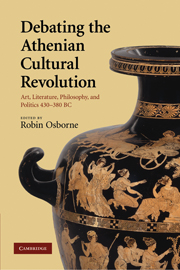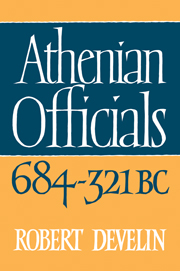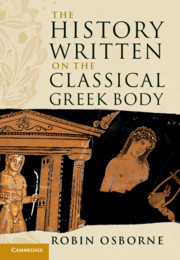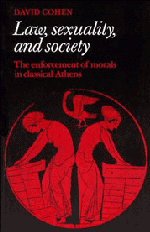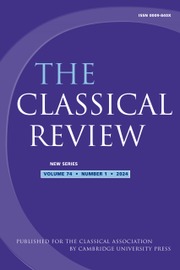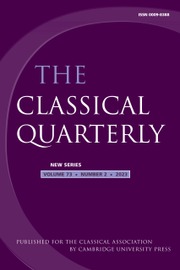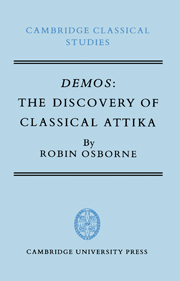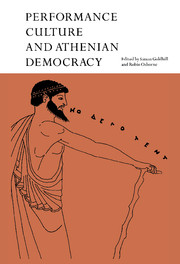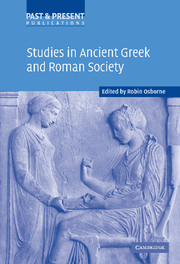Debating the Athenian Cultural Revolution
Whatever aspect of Athenian culture one examines, whether it be tragedy and comedy, philosophy, vase painting and sculpture, oratory and rhetoric, law and politics, or social and economic life, the picture looks very different after 400 BC from before 400 BC. Scholars who have previously addressed this question have concentrated on particular areas and come up with explanations, often connected with the psychological effect of the Peloponnesian War, which are very unconvincing as explanations for the whole range of change. This book attempts to look at a wide range of evidence for cultural change at Athens and to examine the ways in which the changes may have been coordinated. It is a complement to the examination of the rhetoric of revolution as applied to ancient Greece in Rethinking Revolutions through Ancient Greece (Cambridge, 2006).
- Covers a wide range of different aspects of Athenian culture
- Examines a period of massive cultural change that has not previously been studied in detail
- Discusses problems of methodology
Product details
March 2010Paperback
9780521130585
360 pages
229 × 152 × 20 mm
0.53kg
Available
Table of Contents
- 1. Tracing cultural revolution in classical Athens Robin Osborne
- 2. The nature and implications of Athens' changed social structure and economy Ben Akrigg
- 3. Why the Athenians began to curse Esther Eidinow
- 4. A new political world Claire Taylor
- 5. Cultural change, space, and the politics of commemoration in Athens Julia Shear
- 6. The anatomy of metalepsis: visuality turns around on late fifth-century pots Katharina Lorenz
- 7. Constructing the late classical sculptor: style and agency in an age of transition Peter Schultz
- 8. The politics of precedence: first 'historians' on first 'thalassocrats' Elizabeth Irwin
- 9. The form of Plato's Republic Alex Long
- 10. Aristophanes' Ecclesiazusae and Plato's Republic Robert Tordoff
- 11. Greek tragedy 430–380 BCE Edith Hall
- 12. The sound of music: modulations and innovations in drama and dithyramb Amand D'Angour.

